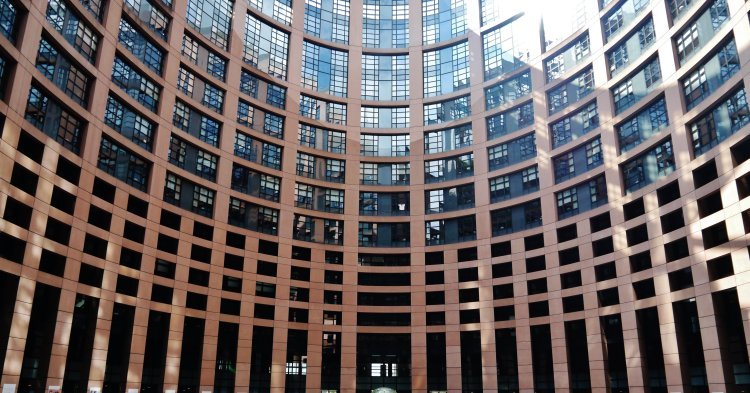The latest projection by Europe Elects for the European Parliament elections, in 2019, shows that the EPP is set to remain the largest group in the parliament with 179 seats, 40 seats less than the previous election.
However, voters below the age of 30 do not seem to agree with this outcome in terms of what parties they choose to vote for in national elections. This can be seen especially in Spain where the latest data show that 5% of voters below the age of 30 would vote for parties in the liberal-conservative EPP group, compared to 22% of all age groups. There is a similar scenario in Malta, where 28% of voters under 30 would vote for EPP group parties. This is 8% lower when compared to all age groups.
The centre-left S&D will achieve 137 seats in this latest projection; 52 seats less than in 2014. The S&D have fallen in hard times at the moment, with poor election results across Europe, and this is reflected in the votes of the younger electorate.
In Slovakia, according to the latest poll showing age groups, parties in the S&D would win 12% of the vote from 18-39 year olds. The average of all age groups is 28%, 16 points higher than the 18-39 age group.
The liberal ALDE look set to win 104 seats, according to this latest projection. This is 36 seats higher than in the last election. This growth does not appear to from an increase in support from younger voters, and ALDE’s results from younger voters remain mixed across Europe.
In Sweden, ALDE parties would get 17% of the vote from the 18-34 age group, according to YouGov. This is 6% higher than the national vote they would achieve. This is contrary to Ireland, where ALDE parties would achieve 18% from younger voters, but looking at the national poll, this figure rises to 26%.
Left-wing GUE/NGL is projected to win 60 seats in the next election, up 9 from the previous election when they won 51 seats. GUE/NGL do not really experience a high percentage of the vote from young voters, when compared to different age groups.
For example, in Sweden there is no difference between the voting intention of the under 30s for parties in the GUE/NGL, when compared to the average of all age groups. This is a similar case in Germany, where parties in the GUE/NGL get 8% of the vote from the under 30s. This is only 2% lower than the average from all age groups.
The right-wing ENF look set to win 55 seats in the 2019 EP elections, up from 35 seats in 2014. ENF parties remain fairly neutral throughout Europe for young voters, with no countries where they are markedly more or less popular among young voters. Take Austria, where parties in the ENF would achieve 30% of the vote from 16-29 year-olds. This is 3.2% higher than the full poll. The same goes for Slovakia. Parties in the ENF would 11% of the vote share, only 1% higher than the average poll of all age groups.
The conservative ECR are again projected to lose seats in next year’s EP election. They can be expected to win 50 seats, a net loss of 23. ECR experience mixed fortunes in Europe when it comes to attracting young voters. This can be seen in the Netherlands and Poland. In the Netherlands, parties in the ECR receive 12% of the vote share form under-30s, 9% higher than full poll. In Poland however, 29% of under 30s would vote for parties in the ECR. This is 12% lower than the average for all age groups.
The populist EFDD group will win 49 seats according to the latest projection by Europe Elects; this is a gain of 3 seats. EFDD appear to be less popular among young voters than Europe as a whole. For example, in Germany 5% of voters below 30 would vote for parties in the EFDD group. By comparison, they would gain 15% of the vote of all voters, 10% more. This is the same in the UK. EFDD parties in the UK would win 6% of the vote share from all voters. This figure halves to 3% for voters below 30.
In this latest projection, the green G/EFA will win 36 seats, a loss of 16 seats from 2014. However, parties who sit in the G/EFA group are still very popular among the young electorate. Taking Czechia as an example, the latest data show that 40% of 18-to-24-year-olds would vote for parties in the G/EFA, compared to 12% for all ages. This is a similar case in Finland, where G/EFA parties would achieve 32% of the vote share from young voters. This is 17% higher than the poll of all age groups.




Follow the comments: |
|
